I tried the Tracy Anderson method for seven days - and can't quite believe how tough it was
She's renowned as one of the best trainers in the world, so I gave her classes a go.
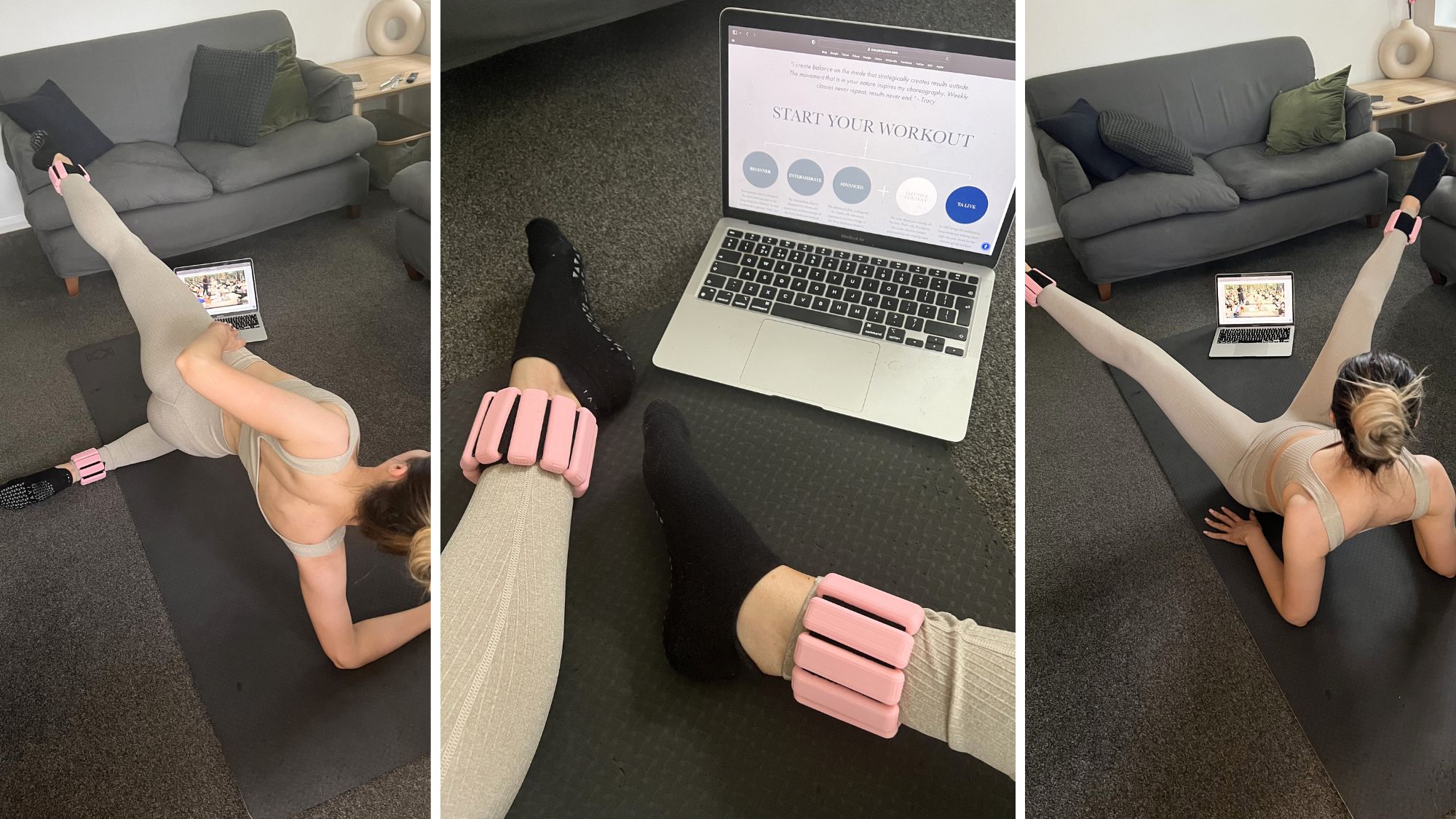

Confession alert - when it comes to working out, I’m a creature of habit. While all of my friends are jetting off to CrossFit classes or gearing up for marathons, I’m reliably rolling out my yoga mat for at home Pilates workouts. Any cardio more intense than a fast-paced hot girl walk? Don’t even think about it.
But when I heard that none other than the Tracy Anderson - renowned fitness guru to the stars - had opened a new studio in London last month, my interest was officially piqued. It’s safe to say that with the opening of her new London studio, Anderson has become the talk of the town.
I’d already seen Anderson’s name plastered all over my social media feeds for a while now, alongside videos of women profusely sweating in boujee dance studios. Anderson’s signature workout has come to be known as the Tracy Anderson Method, which has garnered a star-studded cult following since its inception 25 years ago, including (deep inhale): Gwyneth Paltrow, Madonna, Victoria Beckham, Nicole Richie and J-Lo, to name just a few.
On TikTok, there are nearly 15 million posts about the Tracy Anderson Method to date. Her unique approach to fitness, which focuses on dance-based repetitive movements targeting accessory muscles, has whipped up a social media frenzy. That said, sadly with her studios only in LA, New York and Madrid, her buzzy workout classes felt a world away.
Disappointingly, the London studio is probably slightly out of price range for most. To access Anderson’s classes, you’ll need to sign up for membership at chic Knightsbridge-based wellness club SURRENNE, which costs an eye-boggling £10k a year, plus a £5k joining fee.
Luckily for MC UK readers, there’s a more affordable and accessible alternative out there for us to take advantage of: Anderson’s online studio. Here, for $90 a month (which equates to roughly £70), Anderson uploads recordings of her in-person classes, ranging from full body 30-minute workouts to quick 15-minute finishers, as well as weekly recipes curated by a personal chef. Sounds good, right? Keen to see how I got on testing for a week? Keep scrolling, and don't miss our guides to home workouts for beginners, simple home workouts, and home workouts with dumbbells, while you're at it.
Tracy Anderson at home offers a more affordable alternative from the celebrity trainer - your guide
What is the Tracy Anderson Method?
The Tracy Anderson Method is a hybrid of dance cardio and mat work. As stated on Anderson’s website, the method sets out to target "small, accessory muscles" which are notoriously difficult to activate, but when engaged can supposedly strengthen and tone the body. Anderson’s method uses the same 1.5lb ankle weights and 3lb handheld weights in every single workout, but over her 25 years in the biz, Anderson has choreographed over 200,000 unique moves to prevent the body from plateauing.
Marie Claire Newsletter
Celebrity news, beauty, fashion advice, and fascinating features, delivered straight to your inbox!
And Hollywood A-Listers seem to love it, with Paltrow openly admitting to being one of Anderson’s first ever celeb clients. After the birth of her second child in 2006, Paltrow "found herself lugging around an extra 20 pounds", as Anderson’s website so delicately puts it (more on this problematic wording, later). But after trying the Tracy Anderson Method, Paltrow was so blown away by the results that she became an investor in the business, and she has been a staunch advocate ever since.
So, what’s the expert take on this technique? Alasdair Nicoll, personal trainer at The Fitness Group, praises the cardio-boost Anderson's method will give you but has questions about the muscle-building aspect. While it may be a great cardiovascular workout that has the potential to improve overall fitness, Nicoll isn’t entirely convinced that it will increase long-term increased strength, due to a lack of progressive weight overload. “It will absolutely bring about some degree of results,” Nicoll says. “But because it uses minimal resistance, I don't believe it's enough to bring about a massive adaptation in strength.”
I also noticed while using the app that Anderson emphasises aesthetics, rather than the many benefits of working out outside of that (think building a strong body for life, boosting mental health and increasing longevity, to name a few). On Anderson's website, it states that the method is designed to "deliver the elusive dancer’s body" irrespective of your genetic makeup. But let's be real: working out is about so much more than making you look a certain way, and should always be respected for the impact it can have on your mental health and overall wellbeing, too.
@tracyandersonstudio ♬ Bejeweled - Taylor Swift
When was it invented?
Tracy Anderson first came onto the fitness world’s radar in the early 2000s, when Anderson trained Paltrow for an upcoming Iron Man role.
However, the Tracy Anderson Method that so many celebs have come to know and love is ever-evolving, and born out of decades-worth of research. In 2003, Anderson conducted a five-year-long study on 150 women to better understand what different types of bodies needed to get stronger and fitter, leading to the release of her first-ever at-home DVD fitness programme in 2011.
But it doesn’t end there, by any means. Anderson prides herself on constantly adapting, updating and honing her technique so that clients have a steady stream of fresh content to enjoy each and every week.
What are the benefits of the Tracy Anderson method?
According to personal trainer Tej Patel, the Tracy Anderson Method is an accessible workout that targets muscle groups in every part of the body. “I love how accessible she makes the whole exercise and movement ethos to everyone and I love how varied it is. She covers multitudes - dance, stretching, and mobility, but there’s also a bit of weight involvement, too."
Patel explains that because of the wide range of movement covered in the Tracy Anderson Method, it is a great way to get people excited about exercise - it’s fun, all-encompassing, and no two classes are the same. However, there is a downside that comes with the changing nature of Anderson’s method. “The classes change every couple of weeks. If you really want to have a full body transformation, you need to get better and stronger at the same things on repeat for a few months. Every time you change the workout, you lose the ability to do that,” Patel adds.
Ideally, I would’ve spent a couple of months doing the Tracy Anderson Method to properly put this theory to the test, but alas, I’m a Health Writer with a deadline on the horizon, so a week-long taster of Anderson’s classes had to suffice.
@themadisonrae ♬ Boy's a liar Pt. 2 - PinkPantheress & Ice Spice
I tried Tracy Anderson at home - my honest thoughts
Days one to three
I open up my laptop and roll out my workout mat, playing it very safe by opting for a beginner full-body 30-minute session - or so I thought. Within seconds, I’m thinking one thing. is this session really for newbies?
There are no warm up exercises to speak of - straight off the bat, Anderson gets things going with a contemporary-dance-inspired standing arm sequence. Anderson stands centre stage in front of a dance studio mirror, surrounded by clients moving in perfect unison with her. Together, they look like an Olympic synchronised swim team, while I look more akin to a flailing animal or one of those inflatable men you see on the motorway outside of car showrooms.
I find that the camera is slightly too far away for me to follow the small, intricate movements as closely as I'd like. Similarly, Anderson provides zero verbal cues, making it even harder to follow along. I try not to get disheartened and instead focus on targeting my accessory muscles.
About fifteen minutes in, the workout moves to the mat, and I strap on my ankle weights. The movements take some getting used to - the only way I can describe it is as breakdancing, meets Pilates, meets a very fast-paced and competitive game of Twister. The routine was definitely designed with LA mansion dwellers in mind, too, rather than someone like me in a poky London flat, as most of the moves require a lot of space. By the end of the workout, my laundry drying rack and coffee table have taken quite the beating.
On day two, I decide it’s wise to strip it back to basics by following an expert-guided session. This is a slowed-down, walk-through version of one of Anderson’s choreographed workouts minus the music and with guidance from a trainer. I'd say this is essential for any MC UK readers looking to give the workout a try for themselves, not only to get the hang of the method beforehand but also to avoid the very real risk of injury that comes from a lack of verbal direction.
This was the right move. By day three, I’m feeling way more confident, and I’m mastering each move (even if I do need to rewind the video a few times to do so). Every sequence feels a little unnatural because they’re targeting smaller muscles that I'm not used to working, but once I’ve done each one for a while, time flies, and I can really feel my whole body working — not to mention, I’m sweating buckets.
Anderson claims that foregoing verbal cues helps us connect more with our bodies, and I have to admit, there’s something hypnotic about repeating one move for an extended period of time without being interrupted by any talking. For the first time this week, 30 minutes goes by in a flash.
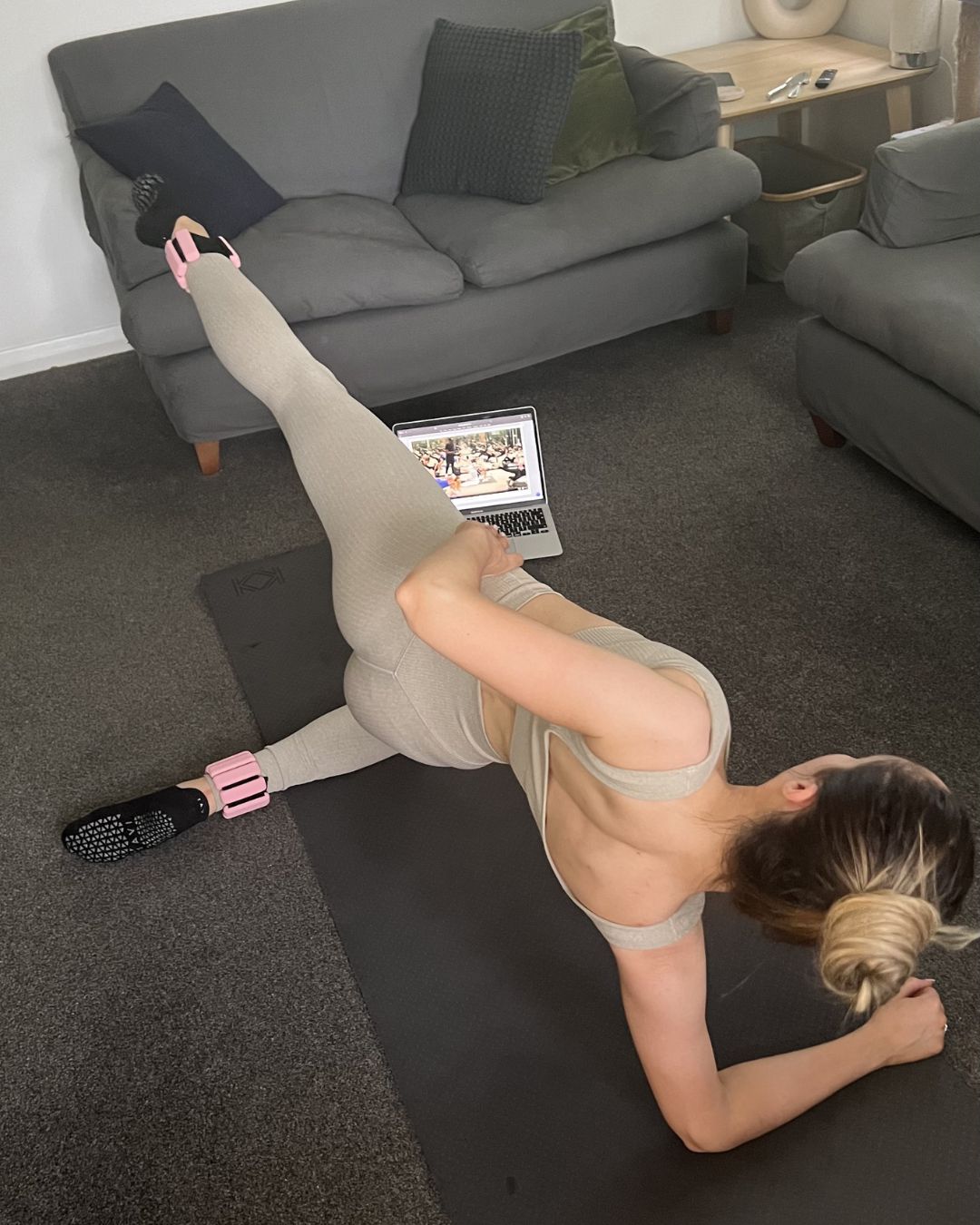
Katie during week one of her Tracy Anderson challenge
Days four to seven
Halfway through the week, my body feels achy, though not excessively so (as both trainers pointed out when I spoke to them, do make sure to allow your body a rest day if you’re feeling too sore to workout, FYI). But on day four, instead of a full-body session, I test out some of Anderson’s elective content, made up of shorter workouts tailored to specific parts of the body. There are 15-minute body boosts for the abs, lower body, or arms, as well as dance cardio classes and standing sequences.
Since my arms are particularly sore, I go for a lower body workout. But this session teaches me just how interconnected every movement in the sequences are, even when focusing on the lower body. My arms and core are just as engaged as my legs and glutes thanks to the amount of twisting and balancing involved in each move.
When day five rolls around, I’m noticing that while no two sequences are ever the same, there are core similarities tying all of the moves together. This means that once you’ve got to grips with the method, it’s all about building on your knowledge and muscle memory rather than learning a new routine from scratch every time. Sure, it’s a steep learning curve, but one that certainly gets easier with each day.
Day six is dedicated to a standing sequence. I expected this to be similar to the standing arm sequences that routinely open every full-body choreographed session, but instead, Anderson’s thrown in some barre-inspired movements to engage the lower body. As someone who is well-acquainted with the benefits of Barre, including increased strength, balance, and flexibility, it’s an immediate yes from me.
I end the week rather boldly by levelling up to a 60-minute intermediate full body class. This was a humbling experience that quickly reminds me not to get ahead of myself. Anderson kicks her legs out to the side and above her body with ease, and it’s tempting to try and follow suit, though the risk of injury (such as hyperextension) is pretty high if you’re not a seasoned pro like Anderson. If I were to persevere with Anderson’s method, I’d definitely stick with the beginner classes for a while longer.
My final thoughts?
As much as I enjoyed my sojourn into the glamorous world of Tracy Anderson, I likely won't be renewing my subscription to her online platform. While I can see who it would appeal to and why, as such a renowned and respected trainer, she has such a cult-like following, it wasn't for me.
Why? Well, while I could absolutely feel the physical benefits from the off, the lack of guidance was challenging to contend with. For some, this is right up their alley (Anderson’s ever-growing fanbase speaks for itself), for others, not so much.
If you love HIIT, it'll likely be for you. Each session was intense, making my muscles burn thanks to the high number of reps. That said, as a fan of low-impact and low-intensity sessions, I found part of myself yearning for the gentle words of encouragement from my favourite Pilates instructor.
Because after all, working out shouldn’t just do good — it should feel good too, right?
Shop MC UK approved fit kit now:
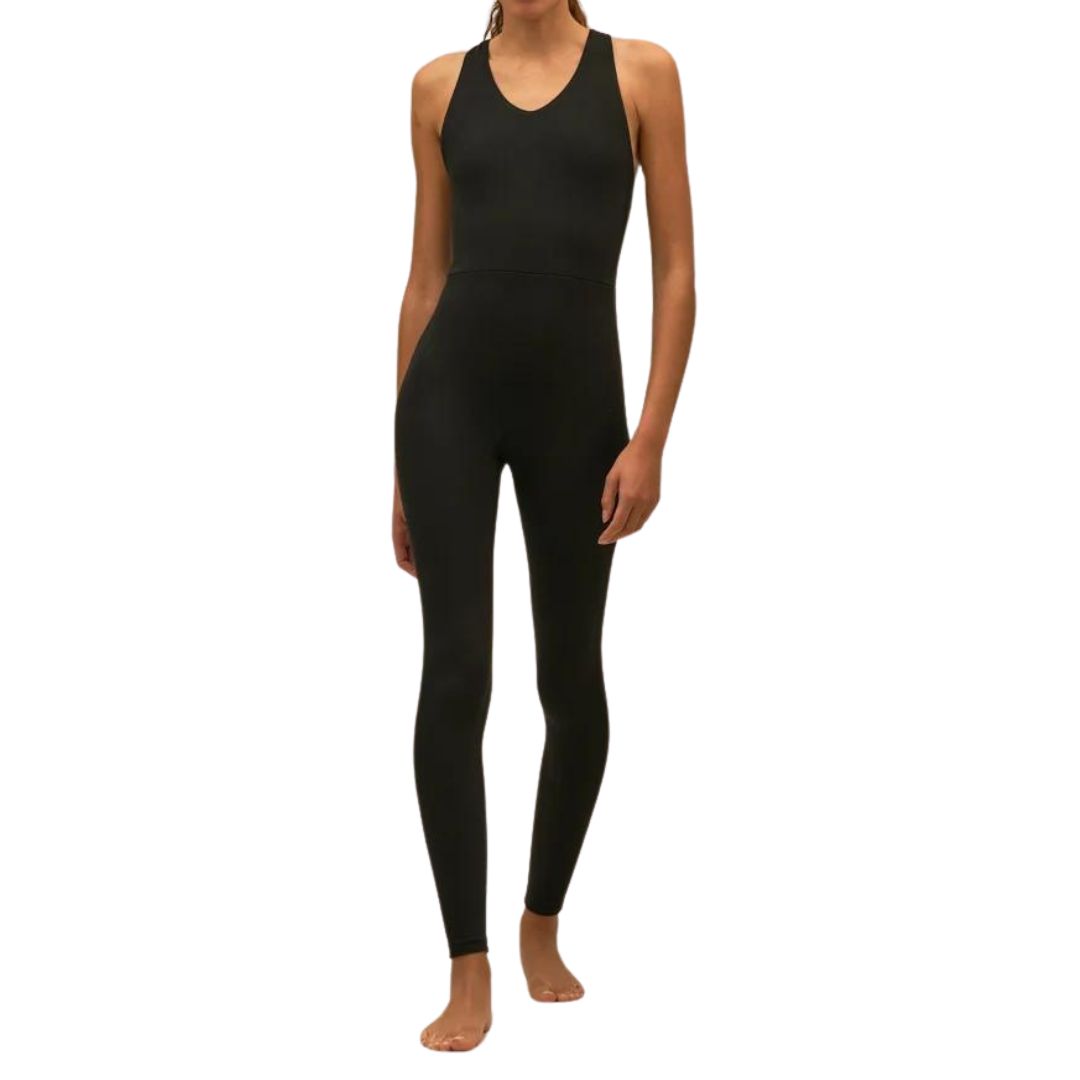
We're really into workout unitards at the moment, especially the ones from sustainable BAM. Not only are they better value for money than other workout tops and leggings on the market, but they're flattering and stylish, too.
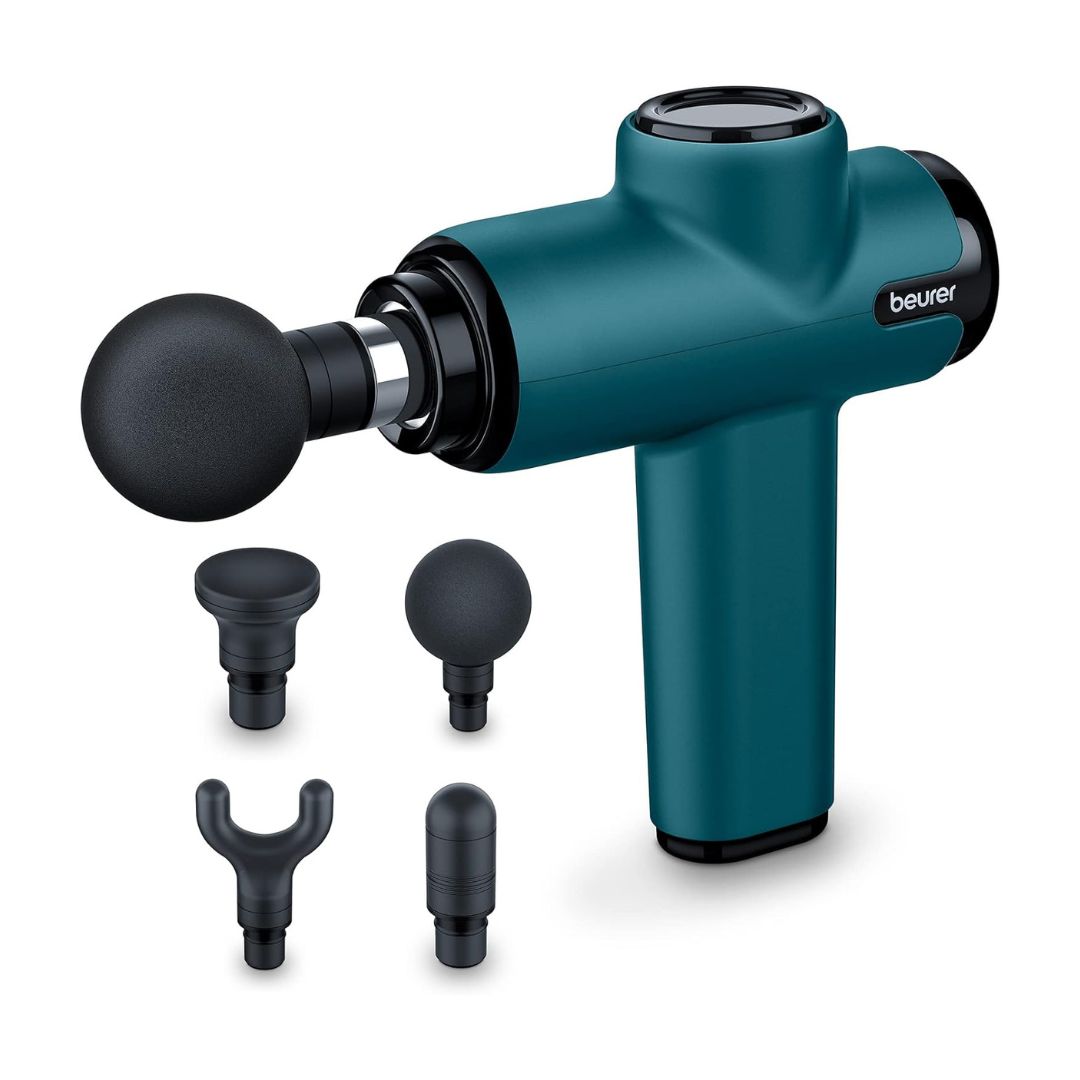
Soothe sore muscles post-sweat-session with this easy-to-use muscle gun, available on Amazon at an affordable price point.
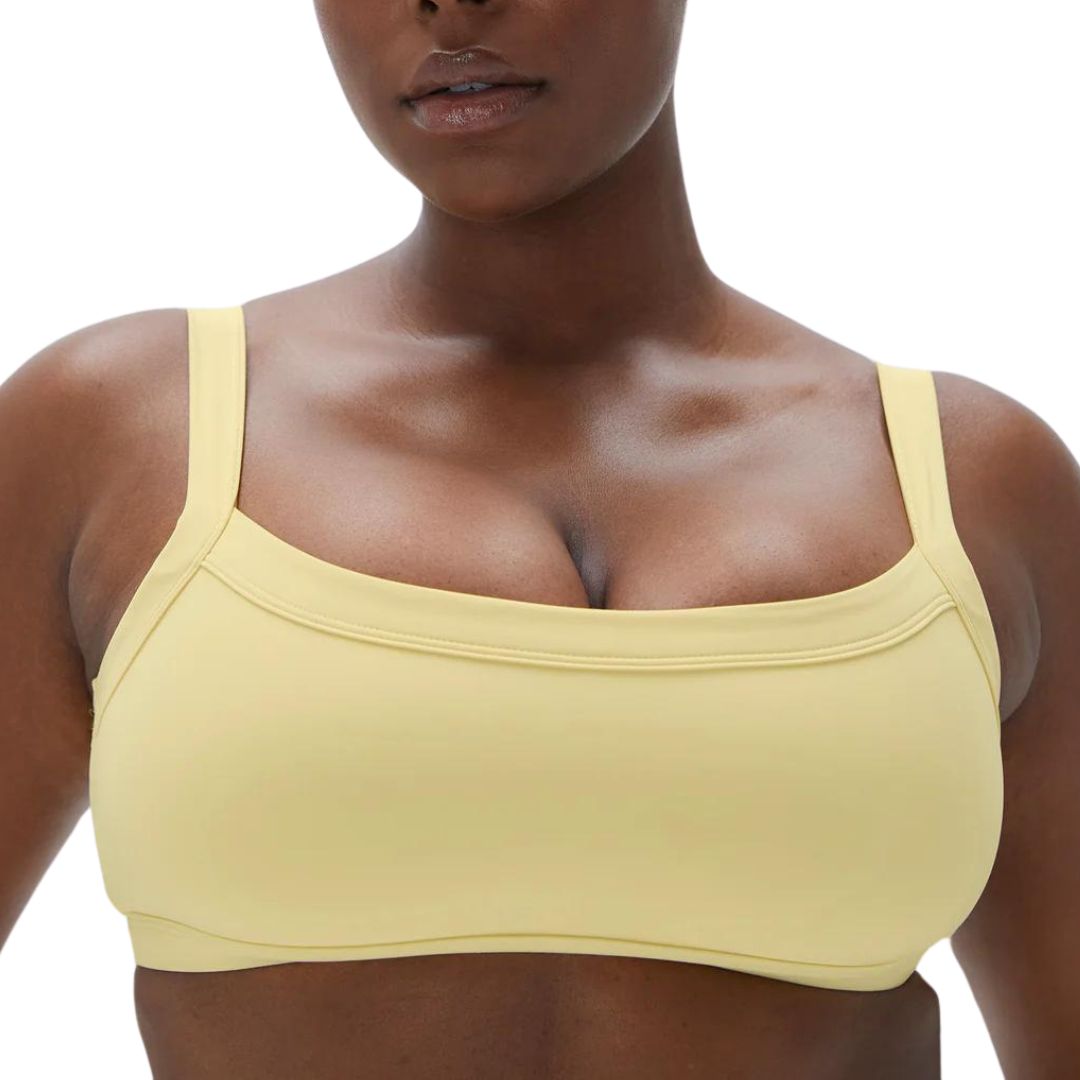
Last but by no means least, this is easily one of the best sports bras. It's supportive, sweat wicking, and soft, too, plus we love the on-trend yellow colourway.

Katie is a freelance writer who studied for an MA in Magazine Journalism at City, University of London. She discovered her passion for lifestyle journalism after finishing her BA at The University of Oxford. As a self-proclaimed cardio-phobe, you can likely find her on a workout mat doing a low-impact Pilates workout or testing out a buzzy new Reformer studio class. She has covered topics spanning health and wellbeing, beauty, celebrity news and interiors for publications such as Cosmopolitan UK, HELLO!, Well + Good and Livingetc.
-
 Prince Harry's "proud" words about wife Meghan Markle are going viral
Prince Harry's "proud" words about wife Meghan Markle are going viralBy Jenny Proudfoot
-
 Sources have opened up about Timothée Chalamet and Kylie Jenner's "intense" start to the year
Sources have opened up about Timothée Chalamet and Kylie Jenner's "intense" start to the yearBy Jenny Proudfoot
-
 Two Hollywood actresses were offered the role of Carrie Bradshaw before Sarah Jessica Parker
Two Hollywood actresses were offered the role of Carrie Bradshaw before Sarah Jessica ParkerBy Jenny Proudfoot
-
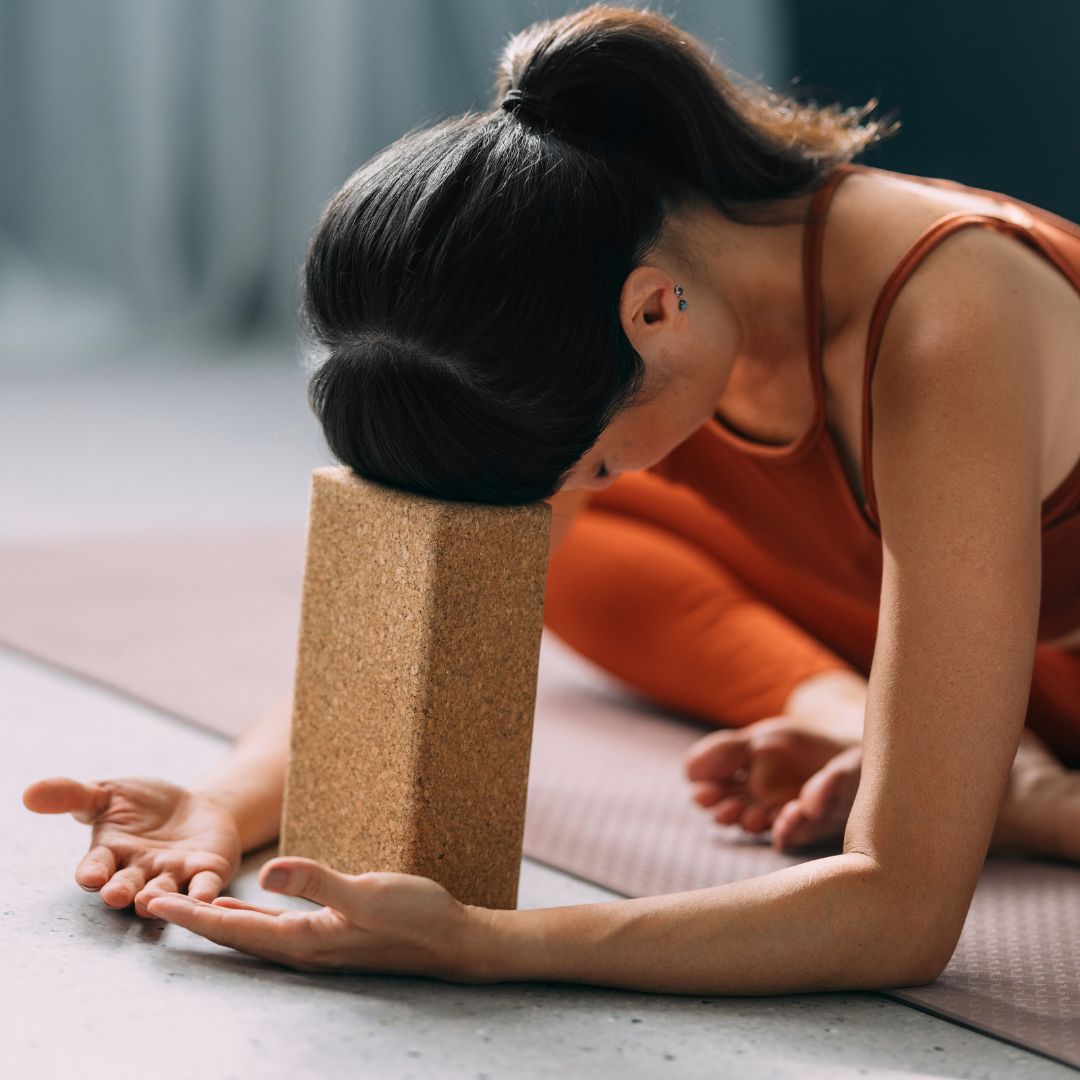 Short on time but keen to boost body and mind? Top experts share their go-to 10-minute yoga flows
Short on time but keen to boost body and mind? Top experts share their go-to 10-minute yoga flowsGuaranteed to make you feel grounded.
By Ashleigh Spiliopoulou
-
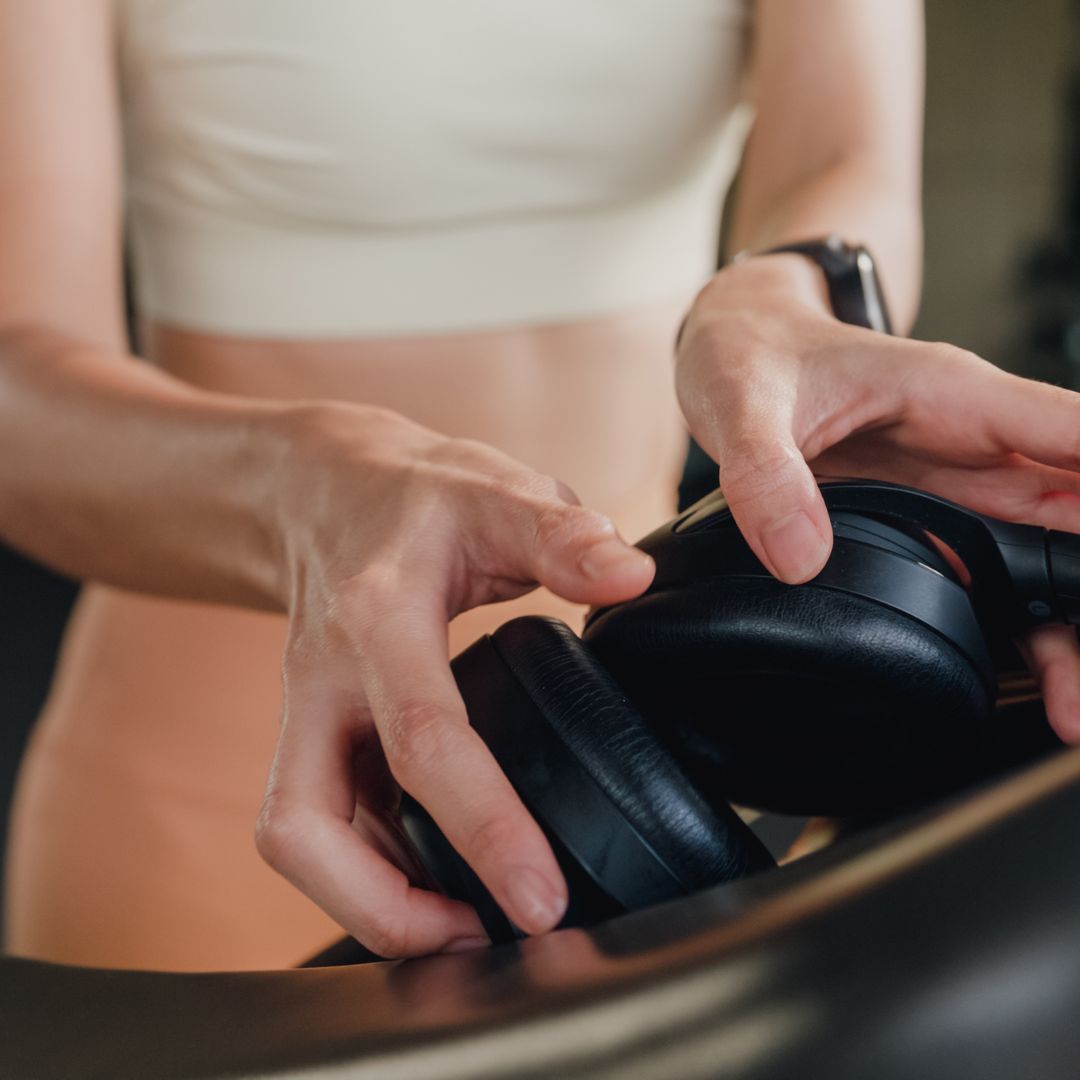 It's the must-have bit of fit kit of the year - a fitness expert shares their 5 top tips for choosing a walking pad
It's the must-have bit of fit kit of the year - a fitness expert shares their 5 top tips for choosing a walking padThis year's fitness must-buy.
By Katie Sims
-
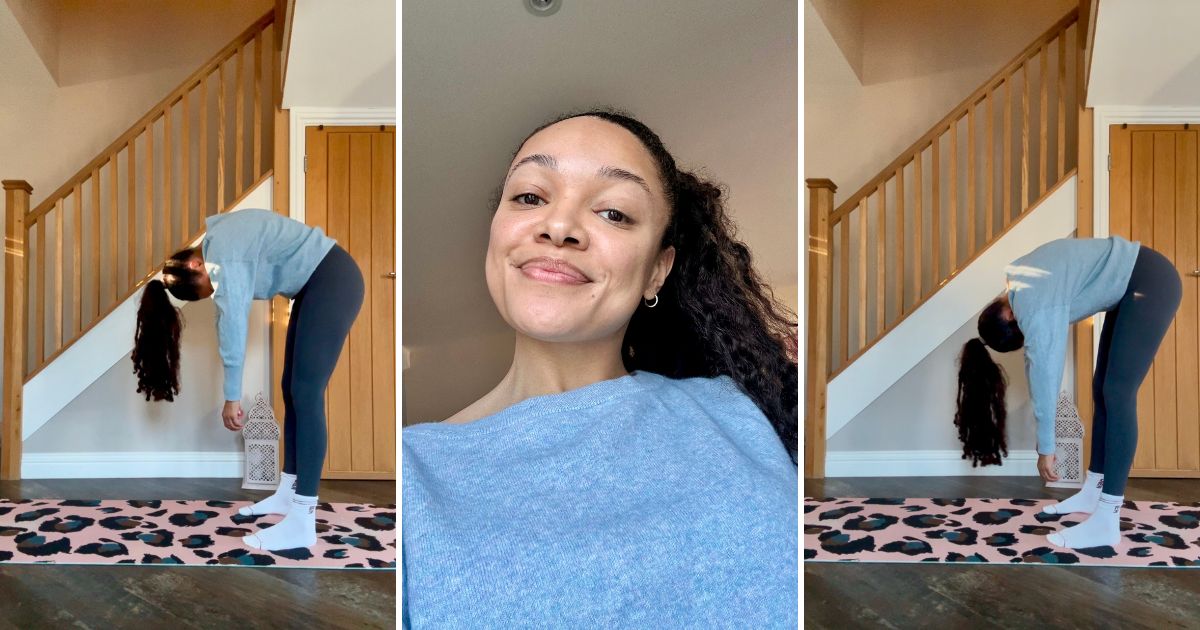 I tried Pilates roll-downs every day for a week - and was amazed at how quickly it eased years of stiffness
I tried Pilates roll-downs every day for a week - and was amazed at how quickly it eased years of stiffnessConsider my spine more mobile than before.
By Rebecca Shepherd
-
 Spring has finally sprung - 6 best outdoor workouts that are totally free and boost both body and mind
Spring has finally sprung - 6 best outdoor workouts that are totally free and boost both body and mindSoak in the nature and boost Vitamin D *and* endorphins.
By Anna Bartter
-
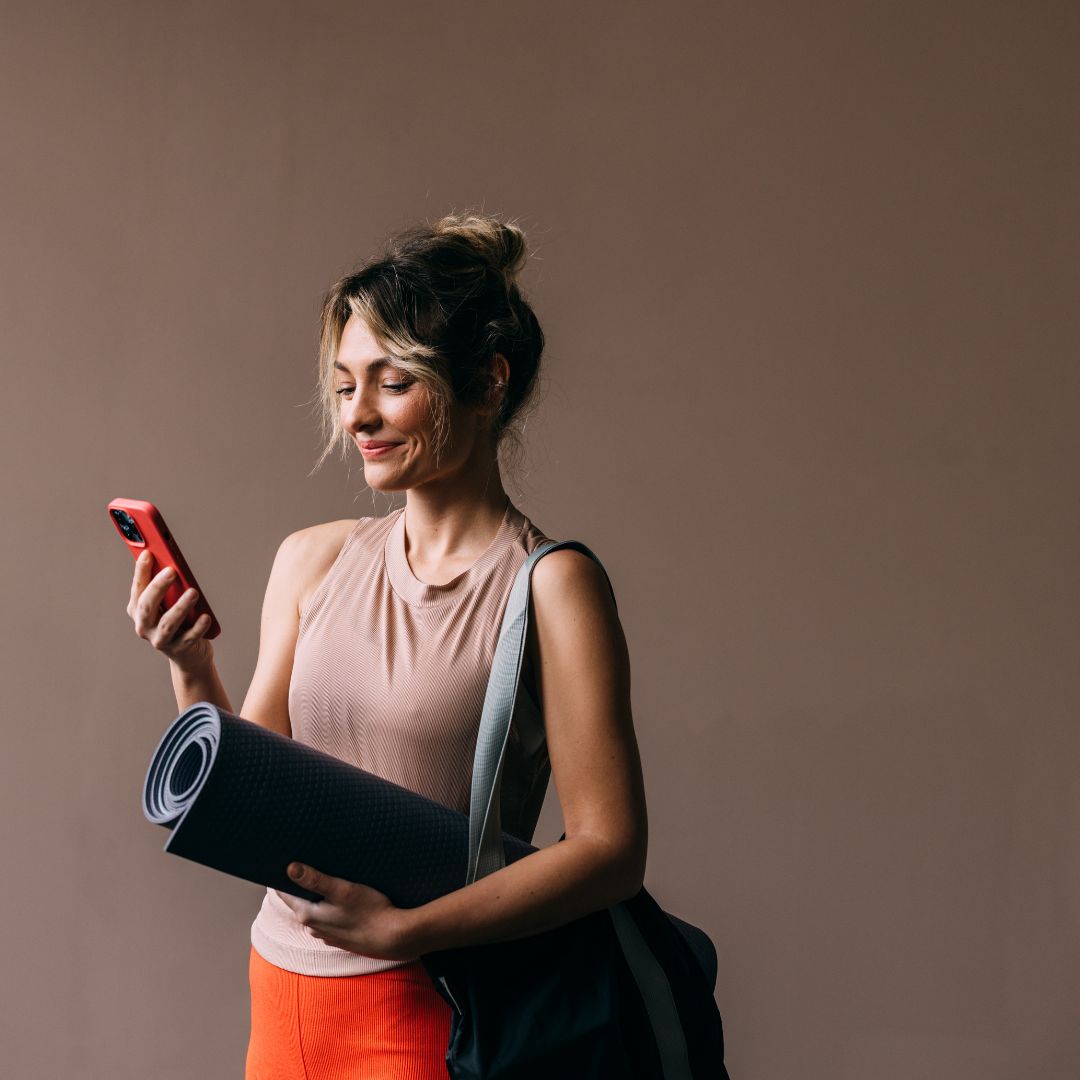 Fan of low-impact sessions? These are officially the 7 best Pilates apps for boosting strength, tone and mood
Fan of low-impact sessions? These are officially the 7 best Pilates apps for boosting strength, tone and moodYou can thank us later.
By Katie Sims
-
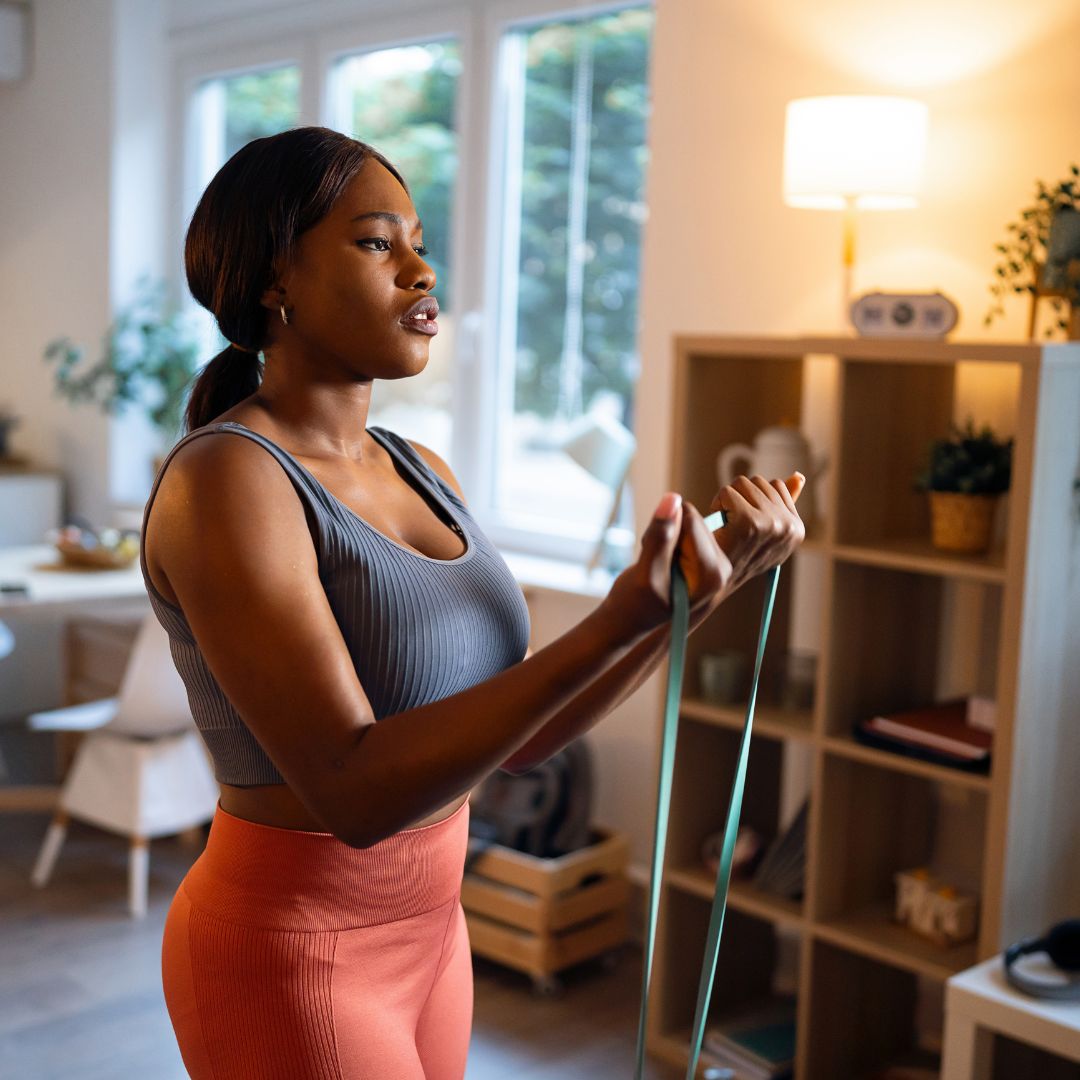 Eager to get strong from home? 6 advanced resistance band full body workouts that'll boost tone, balance and flexibility
Eager to get strong from home? 6 advanced resistance band full body workouts that'll boost tone, balance and flexibilityYes, you can get strong without weights.
By Anna Bartter
-
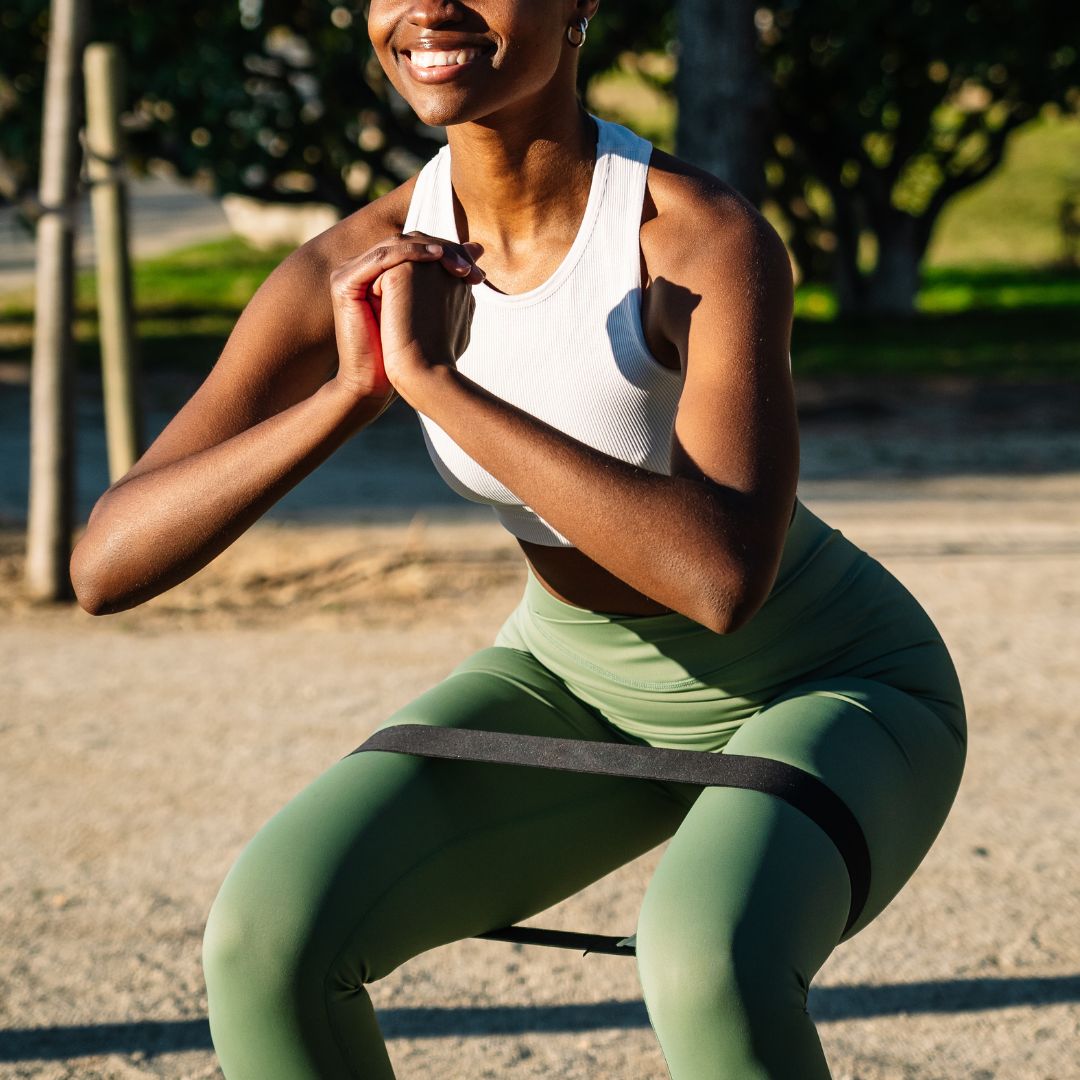 Loving your home workouts this year? 5 best YouTube resistance band workouts that are free *and* effective
Loving your home workouts this year? 5 best YouTube resistance band workouts that are free *and* effectiveSave these for later.
By Anna Bartter
-
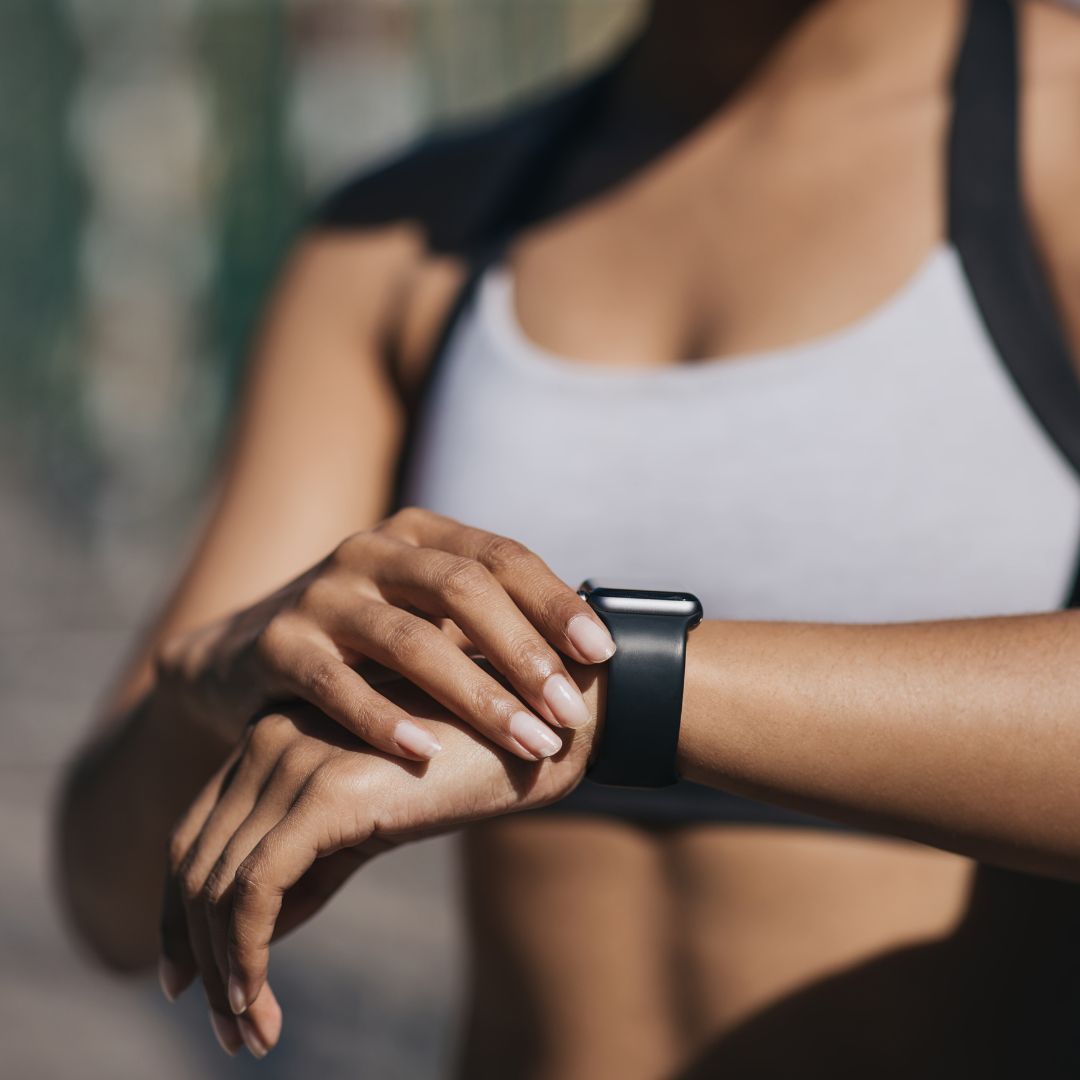 Still finding it too cold to exercise outside? 7 best advanced home workouts to boost muscle and endurance
Still finding it too cold to exercise outside? 7 best advanced home workouts to boost muscle and enduranceBecause home workouts aren't just for beginners.
By Anna Bartter